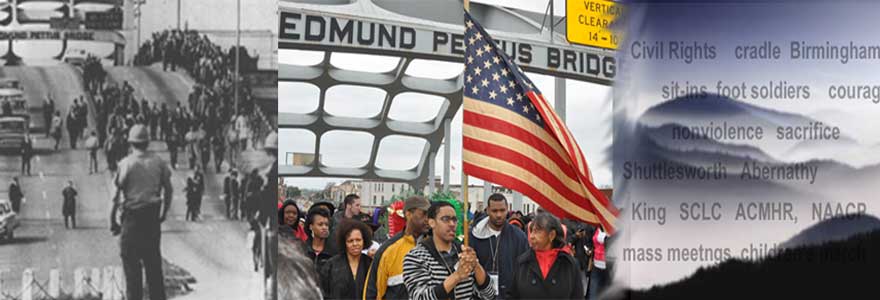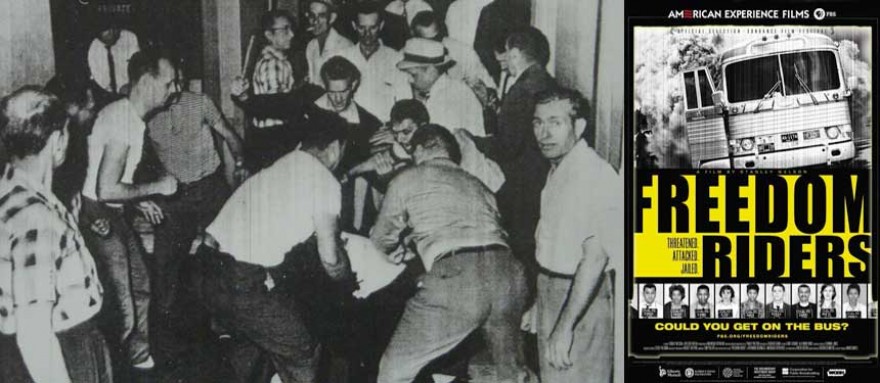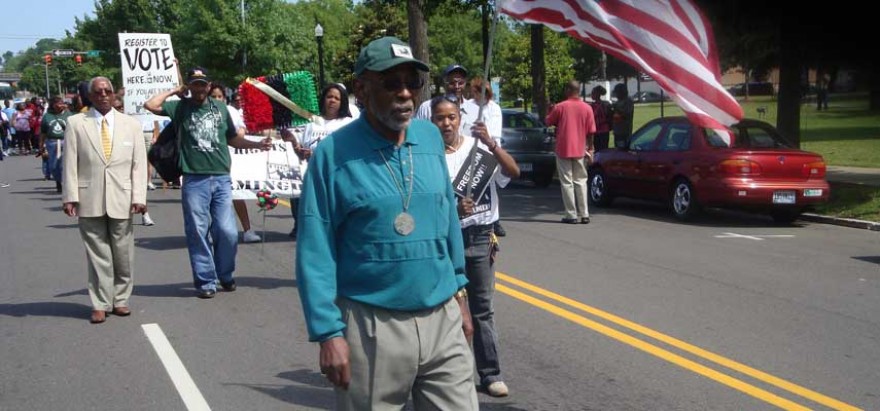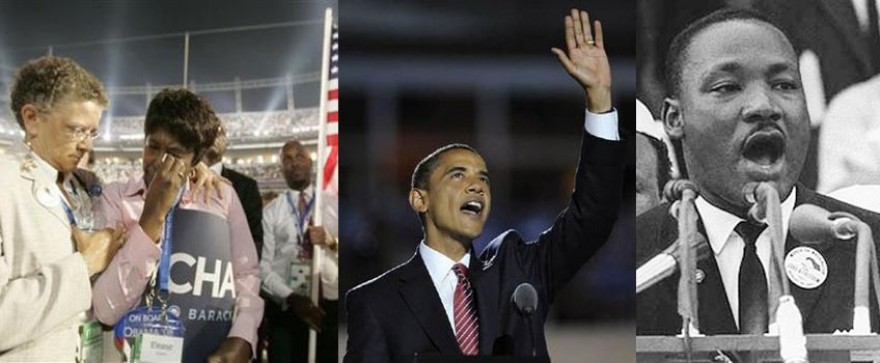I sat with three older ladies at the Harambe Room in Downtown Birmingham tonight when Barack Obama formally accepted the Democratic Party’s 2008 nominee for the Presidency of the United States of America.
Mary Jo, Barbara and Brenda looked to be in their sixties, and had no doubt personally experienced the racial injustices that Birmingham’s Deep South society was infamous for.
They struggled to find words to adequately express the depth and range of emotion coursing through their souls as they watch the most improbable event of history unfold before their eyes.
Ms. Mary Jo, who recently moved back to Birmingham from California, described her feelings best: “It’s indescribably delicious!”
In Birmingham, Alabama, in a room full of people — black people, white people, young people, old people, straight people, gay people, affluent people, poor people — watched on a big screen TV as the first Black man chosen to head a major political party spoke about his vision for America under his leadership. Rarely in Birmingham – even 45 years after the city’s flagrantly racist, segregated society was formally dismantled – can one find such unity in diversity.
I was struck with awe as I listened to Obama give the most impassioned and reasoned speeches of his life, and saw the diverse crowd’s overwhelmingly positive reactions to his words. Mary Jo, Barbara and Brenda stood to their feet, pumped their hands in the air, applauded, laughed, cheered, and sang at defining moments in Obama’s speech, like everyone else did.
None of the three ladies ever believed that they would live to see such a thing as Barack Obama, poised to become U.S.’s first Black President. Maybe in another 40 years from now, in their grandchildren’s lifetimes, after they had gone to glory.
It seemed too much to hope for, so soon after Martin Luther King Jr. gave his famous “I Have a Dream Speech” a mere 45 years ago, on the same date. Too much to fathom, after King was assassinated for his bold faith and action, for daring to believe that Blacks were equal to Whites (after having the opposite beat into their psyches for centuries), with a God-given entitlement to be treated with equal dignity and respect afforded to every human being.




